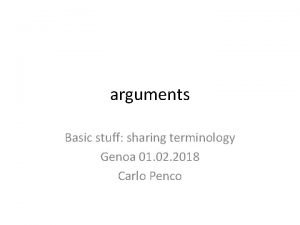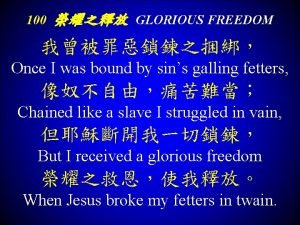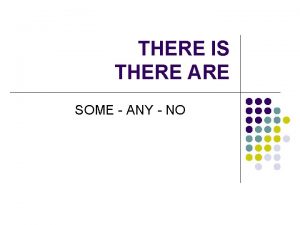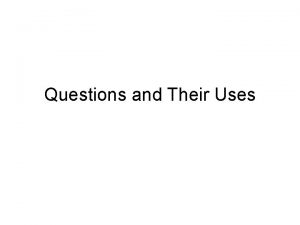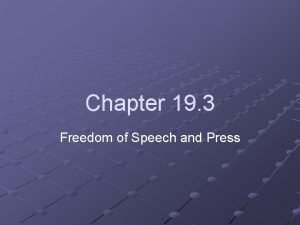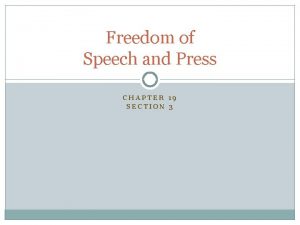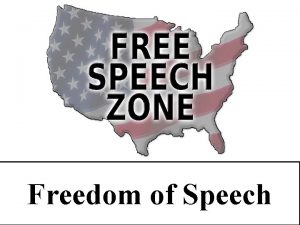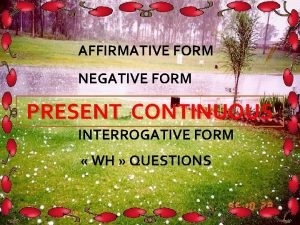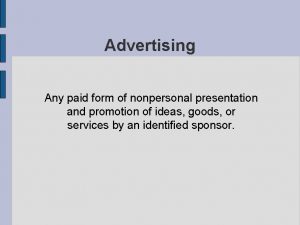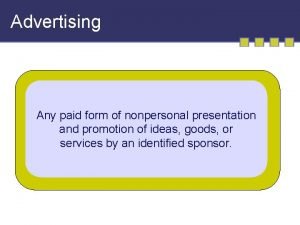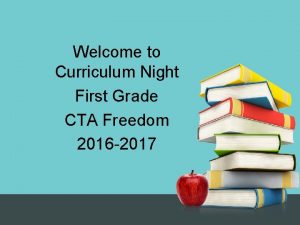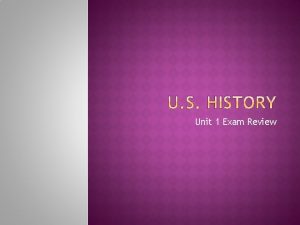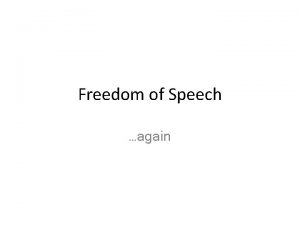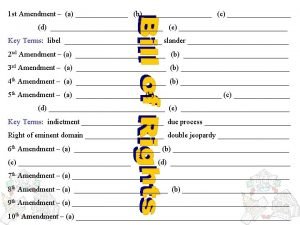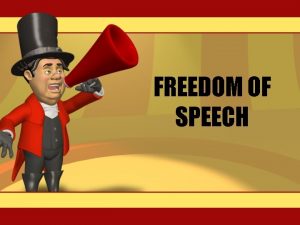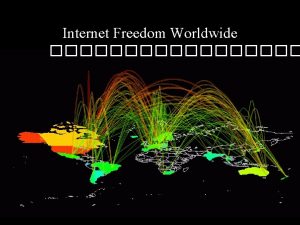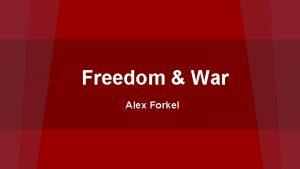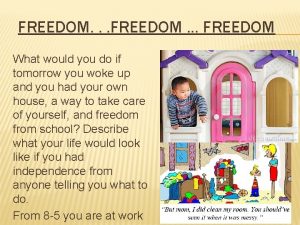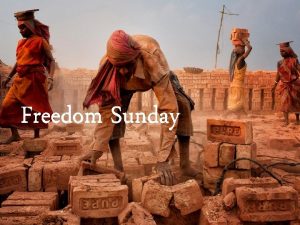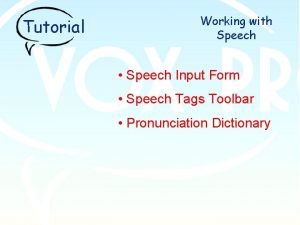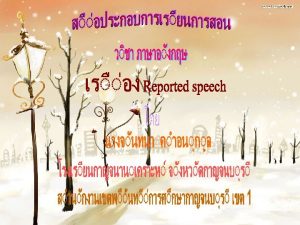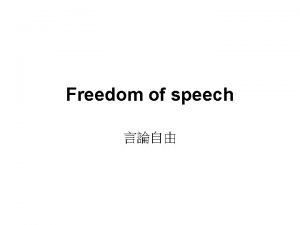Freedom of Speech What is Speech Any form














- Slides: 14

Freedom of Speech

What is Speech? • Any form of communication • Verbal and Non. Verbal

Pure Speech • Peaceful expression of thoughts • Ie: campaign speech, chat with a friend

Speech Plus • Verbal expression + Action • Marching or Demonstrating • Not obstruction of traffic, blocking sidewalks, endangerment

Symbolic Speech • Nonverbal expressions • Wearing arm bands, picketing, burning draft cards, burning the flag

Balance • Free Speech is limited enough to keep order and maintain your natural rights.

Limited Speech • NO SPYING (Espionage) • NO DAMAGING WAR EFFORT (Sabotage) • NO TREASON • CANNOT ADVOCATE AN OVERTHROW OF THE GOVERNMENT

Clear and Present Danger Test Schenk v. United States 1919 Schenk distributed pamphlets urging men to resist the draft during WWI. Arrested

Bad Tendency Test Gitlow v NY 1925 Published pamphlets urging a violent revolution and overthrow of the government for socialism.

Dennis v. United States 1951 Clear and Probable Danger • 11 leaders of the Communist Party were arrested under treason in 1951 for using Communist writings that Compelled a gov overthrow.

Yates v. United States 1957 • 89 people were convicted for the same reason six years later.

Brandenburg v. Ohio 1969 Now accepted Brandenberg Test • a leader in the Ku Klux Klan, made a speech at a Klan rally and was later convicted under an Ohio criminal syndicalism law. The law made illegal advocating "crime, sabotage, violence, or unlawful methods of terrorism as a means of accomplishing industrial or political reform

Fighting Words • Provoke someone to fight.

Slander • A statement in public that holds a person up for contempt, ridicule, or hatred.
 Positive freedom negative freedom
Positive freedom negative freedom Glorious freedom wonderful freedom
Glorious freedom wonderful freedom There is some cake
There is some cake Any to any connectivity
Any to any connectivity Informational probes adalah
Informational probes adalah Chapter 19 section 3 freedom of speech and press
Chapter 19 section 3 freedom of speech and press Chapter 19 section 3 freedom of speech and press
Chapter 19 section 3 freedom of speech and press Freedom and responsibility speech
Freedom and responsibility speech Make a phone call
Make a phone call Present continuous affirmative sentences
Present continuous affirmative sentences Non-personal presentation
Non-personal presentation Any paid form of non personal promotion
Any paid form of non personal promotion Advertising is paid form of communication
Advertising is paid form of communication Cta freedom
Cta freedom Which statement best summarizes the first amendment?
Which statement best summarizes the first amendment?
